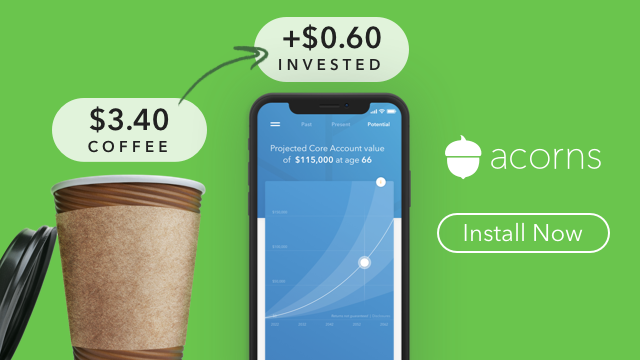Getting Wealthy with Mutual Funds?
What is a Mutual Fund?
Are you interested in investing, but have no idea where to begin? Have you been around the block and some how never heard of mutual funds? Whichever you are keep reading for a comprehensive guide to mutual funds. See for yourself if they should be added to your portfolio.
Mutual Funds Definition
A mutual fund is an investment vehicle that consists of a pool of funds that are collected from investors in order to invest in securities e.g. money market instruments, stocks, bonds, and other similar assets. These assets are handled by money managers who invest the capital in order to produce income for investors. However, their ultimate goal is dependent on the type of fund that they are in charge of. For example, a manager who handles fixed income fund would aim to provide his clients with the highest yield with the lowest risk.
Types of Mutual Funds
Mutual funds are divided in two major categories; open-ended and closed-end funds. In addition, open-ended funds are divided further into two more categories; load and no load.
- Closed-end funds: This type of mutual fund that has a specific number of shares that are issued to the public when they are initially introduced to the public. They trade on the open market but they do not redeem or issue new shares, this makes them subject to the laws of supply and demand. As a result, they are usually traded at a discount or net asset value.
- Open-end funds: Most mutual funds are open-ended. This means that this type of fund does not have a specific number of shares. In this way, the fund has the ability to issue new shares to investors based on the current net asset value as well as redeem those shares when the investor wants to sell. These types of funds always reflect the net asset value of the fund’s underlying investments.
- Load: In the mutual fund vernacular, a load is a sales commission. In other words, if your mutual fund charges a load, you will have to pay the sales commission and the net asset values of the fund’s share.
- No load: This type of fund tends to generate higher returns because of the lower costs of ownership.
What Advantages Can Mutual Funds Provide?
Mutual funds offer one of the easiest ways for people to invest in the stock market and they provide many advantages for their investors. Some of these include:
- Provide small investors with access to diversified and professionally managed portfolios full of bonds, equities, and other securities
- Provides possible peace of mind because they are managed by a professional who monitors them constantly
What’s Better? ETF VS Mutual Fund
It is important for investors to understand the difference between products to make sure that they are making informed choices with their investment dollars. One of these popular products is the ETF. Exchange-traded funds, or ETFs, are securities that track commodities, indexes, or a basket of assets i.e. index fund, but they trade like stocks on the exchange. Similarly to stocks, their prices also changes as they are bought and sold. However, their net asset value isn’t calculated every day like a mutual fund.
When you own an ETF, you gain the diversification of an index fund but you also gain the ability to sell short, buy on margin, and purchase as little, or as many, as you want. They also have lower expense rations than mutual fund. In addition, you will have to pay your manager a commission like you would on a regular order.
ETFs are broken down into three categories:
- Exchange-traded open-end index mutual fund: This type of fund is reinvested on the day of receipt and is paid out to shareholders every quarter in cash.
- Exchange-traded unit investment trust: These funds attempt to limit investments to 25% or less, replicate their indexes, and set additional weight limits for both diversified and non-diversified fund. In addition, their dividends are not automatically reinvested, but they do pay cash dividends on a quarterly basis.
- Exchange-traded grantor trust: This EFT is similar to a closed-ended fund but the investor owns the underlying shares in the companies that it is invested in; this includes the voting rights that usually come with being a shareholder. Dividends are directly paid to the shareholders instead of being reinvested.
ETFs offer more flexibility than mutual funds on the trading floor, however, but since they are continuously priced by the market, it is possible for them to be traded at a price that is different from the net asset value.
How Do I Select the Right Mutual Fund for Me?
Every fund has its own investing strategy or purpose. Therefore, it is important that you find one that fits both your style and investment criteria. For example, if you don’t know anything about biotechnology, then that may not be the wisest investment category for you; it is important that you know and understand your investments.
Fidelity has over 10,000 Mutual Funds on their site that you can explore. Once you have decided upon the type of fund that you will be investing in, turn to Morningstar. They have a useful tool, the Morningstar ratings (also known as the star rating) that issues 1-5 stars based on the past performance of funds e.g. past risk and load adjusted returns. As always be mindful that past performance isn’t indicative of future results. However that being said trends can be your friend. Do your due diligence and happy investing!
 Follow
Follow
